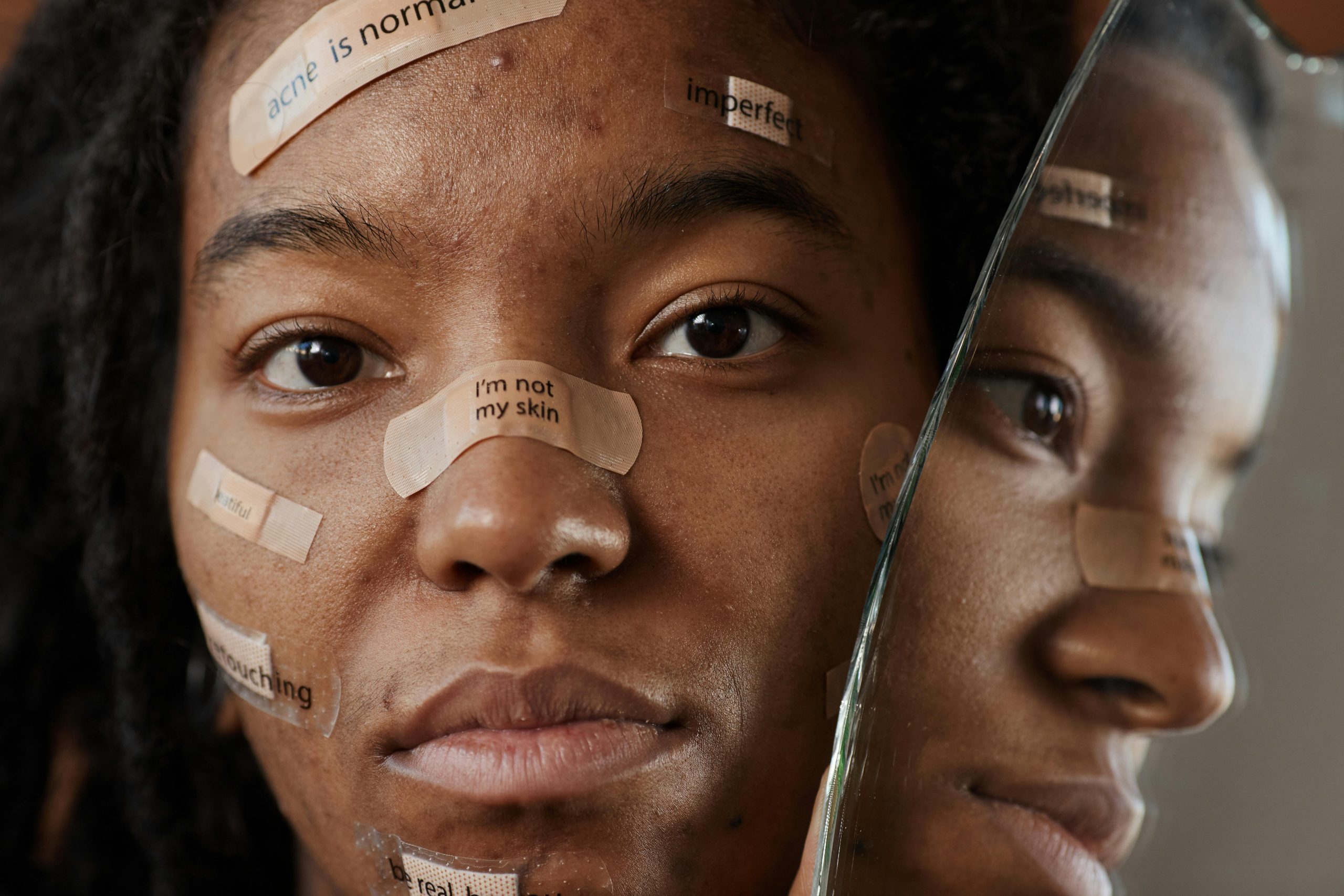Insurance issued a claim payment, but they might total my car otherwise.
I’m feeling a bit confused about my first car insurance claim and whether I made a mistake by reporting a minor accident that occurred during a snowstorm.
Initially, I planned to handle the repairs myself for some front fender damage, a rim, and a new tire, thinking it would be a straightforward fix. However, I discovered some minor frame damage, so I decided to take it to a body shop and file a claim. My deductible is quite high at $2,500, but the estimated repair costs came to around $4,000. Today, I received a check for $1,500. My question is, will I be responsible for paying the full repair cost based on the estimate, or will I go by the shop’s rates? After speaking with the estimator, I know that if I were to fix it without insurance, the actual costs may not reach $4,000.
What adds to the confusion is that I can’t find an OEM front bumper for my car anywhere after two months of searching; dealerships have indicated that the bumper has been discontinued. The body shop mentioned that my insurance may come back and decide to total the car because of this issue. However, they sent me the $1,500 payout, which makes me question their next steps.
What should I do in this situation? Should I accept the payout, or should I prepare for a potential total loss scenario, which might lead to a salvage title? I’m uncertain about which option would cause me the least trouble. I’ve never had a collision that was solely my fault before, and I figured I should take advantage of the insurance I’ve been paying for all these years.




It sounds like you’re in a tough spot with your first claim, but it’s great that you’re reaching out for advice. Here are some key points to consider:
Payout Clarification: The $1.5k you received is likely a partial payment to help cover immediate costs, but since the repairs exceed your deductible, you’re right to think the insurance company will need to reevaluate the situation—especially given the potential frame damage and the issue with the unavailable OEM parts. Check your policy documents or contact your adjuster to clarify how this payment works in relation to your claim and total repair costs.
Future Costs: If the body shop thinks the car might be declared a total loss, that could mean your insurance will take into account the value of your vehicle versus the repair costs. Since you’ve already reported the accident, the insurance process will naturally follow its course, which could lead to either repairs or a total loss if the repair costs are high enough.
OEM Parts Issue: The fact that OEM parts are hard to find can complicate things. If the body shop cannot find the replacement parts needed, it strengthens the argument for a potential total loss. Document all communications with the shop regarding parts availability, as this may be useful in discussions with the insurance company.
Decision on the Payout: If you decide to accept the payout, you may want to clarify whether it’ll affect your ability to seek further compensation (should the car be deemed a total loss). You may want to wait for a definitive decision from the insurance company about the total loss before making a decision to cash the check.
Salvage Title: If your car is totaled and you go through the total loss process, yes, there is a possibility that you may receive a salvage title for your vehicle. This can impact your car’s resale value and your insurance rates in the future.
Long-Term Consideration: Since you’ve invested in insurance, this is what it’s there for. Taking advantage of it might feel confusing now, but ensuring your car is either repaired properly or compensated fairly may save you more headaches down the road.
Professional Guidance: Consider consulting with an attorney or an insurance professional if you’re feeling overwhelmed. They can provide tailored advice and help ensure that you make the best decision moving forward.
Ultimately, weigh your options carefully and keep clear communication with your insurance and the body shop. Good luck!